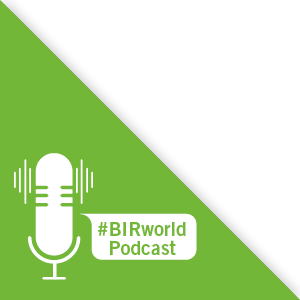The Japanese government has extended the third state of emergency for major cities. With the ongoing struggle to reduce the number of new COVID infections and to increase the vaccination rate, there are growing local objections to holding the Olympic Games this October.
Many domestic companies have been revising their financial forecasts upwards, supported by the industrial recovery, although some industries are still suffering as a result of the pandemic. Meanwhile, still-high ocean freight costs to distant destinations have resulted in a shift in exports towards closer Asian markets.
A record 58,829 tonnes of copper scrap was exported from Japan in March this year, with more than half absorbed by China. Not only No.2 copper but also No.1 scrap such as Clove is being sourced by Chinese consumers - something which has never happened before. This has made for tougher competition between exporters and local buyers supported by recovering demand from rolling mills.
Meanwhile, booming LME prices have been accelerating exports of cable scrap to Malaysia and pushing it above pre-pandemic levels.
Aluminium is witnessing a similar situation to copper in that scrap shipments to China jumped to 15,623 tonnes in March to account for almost half of all exports. Local buyers are engaged in intense competition with exporters to secure scrap. Exporters have been faced with returned shipments, especially from Sanshan port in China where customs inspections had been said to be less strict but have since been adjusted.
Continuing strong demand for stainless exports to South Korea, Taiwan and Indonesia has led to a tight domestic market. Chinese buyers have started hunting for high-nickel scrap.

Nick Hinohara
Metal Solution Provider (JPN), Board Member of the BIR Non-Ferrous Metals Division
Country
 Japan
Japan
